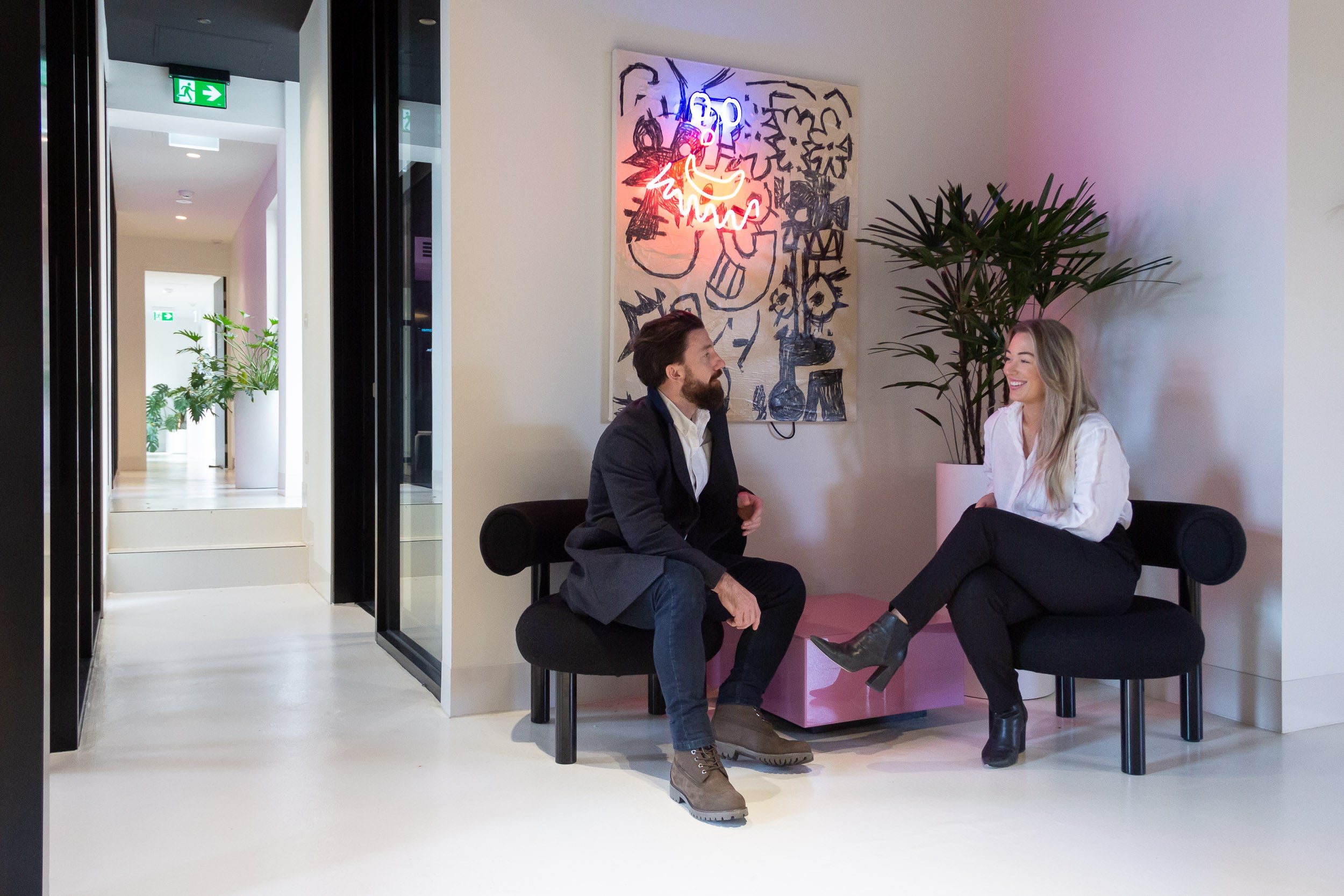Blog
How Providers Can Create an Immersive University Experience for Distance Learners

With 50% of students now opting for online study over blended and in-person only learning, universities have an excellent opportunity to raise their game and ensure that distance learners are getting the best education experience possible.
But what are some of the best ways to do this, and how can universities optimise their approach?
Create a stronger connection between education and industry
One of the best ways to make a student’s learning experience more immersive and rewarding is to place employer and industry engagement at the heart of their tuition. Distance learning can sometimes mean that students miss a connection with a new town or city with different industries, but this can be remedied through a few different strategies.
Speed dating scenarios with employers
A university in Canberra, Australia, set up a programme where students have short meetings with a wide range of employers in one sitting. Similar to the format of speed dating, the idea was to give students an insight into many different employers and industries, allowing them to form opinions on which appealed to them the most.
The main benefit of this exercise was to help students tackle the overwhelming task of understanding different industries and the wider job market. Sometimes, students can be so busy with their studies that it can be hard to fit in time to research employers and future job opportunities.
Networking sessions and digital industry experiences
Setting up virtual networking events can be an excellent way to improve engagement amongst students and offer them an immersive networking opportunity.
Recent data shows that in London and the north-west of England, around 66% of students find work close to where they studied and stayed in their university town or city. Conversely, the same study found that just 44% of students in the south-west of England ended up working near their university, and 42% of students in the East Midlands stayed in the area.
Universities providing distance learning have a significant advantage, as they can connect students with employers in a digital setting through online networking events. This allows students to interact with potential employers from all over the country and even worldwide. This opens them up to a huge range of opportunities and encourages them to look further afield than their local area.
Working with industry leaders in a virtual setting can be vital for high levels of post-education employment. We put work-based learning and digitally delivered industry experiences as one of our top four solutions for providers looking to increase the scope of their digital education delivery.
Helping students learn from each other
Focusing on delivering education that focuses on student interactions with each and alumni can help you to give your students a learning experience that keeps the social element of in-person learning.
Peer-to-peer learning
Encouraging students to learn from each other can be an excellent way to enhance a distance learning experience — the key is to encourage and facilitate as much discussion as possible.
For in-person learners, interaction can be a bit more straightforward and self-led, as you can have asides and personal conversations without involving the whole class, but online lecturers can easily organise virtual breakout sessions and group activities within seminars as well.
It can be difficult to facilitate fluid virtual meetings with large groups, so mixing it with a more agile format of discussion can give students a learning experience more akin to in-person learning.
Alumni and older student-led mentoring
Keeping your alumni engaged and involved with new and potential students can help create a seamless pipeline of eager learners. This can be incredibly useful for lead generation, and it can also allow you to make students’ learning experience more immersive and commutative.
Using mentoring programmes, either with older students who can pass on knowledge to first or second years or through involving alumni with a particular module, can be an effective way to feel connected to course content directly.
King College London matches students with alumni mentors for a six-month period over the academic year, where pairs are encouraged to meet once a month.
For providers who administer distance learning, you may find it much easier to get talented alumni to commit to becoming a mentor, as the student sessions can take place digitally. This means that there’s no issue of location, and the impact on the spare time of your alumni is minimised.
Distance learning can rival and even supersede the immersion of in-person learning.
Through using dedicated and well-thought-out methods, distance learners can get the best learning experience possible.


